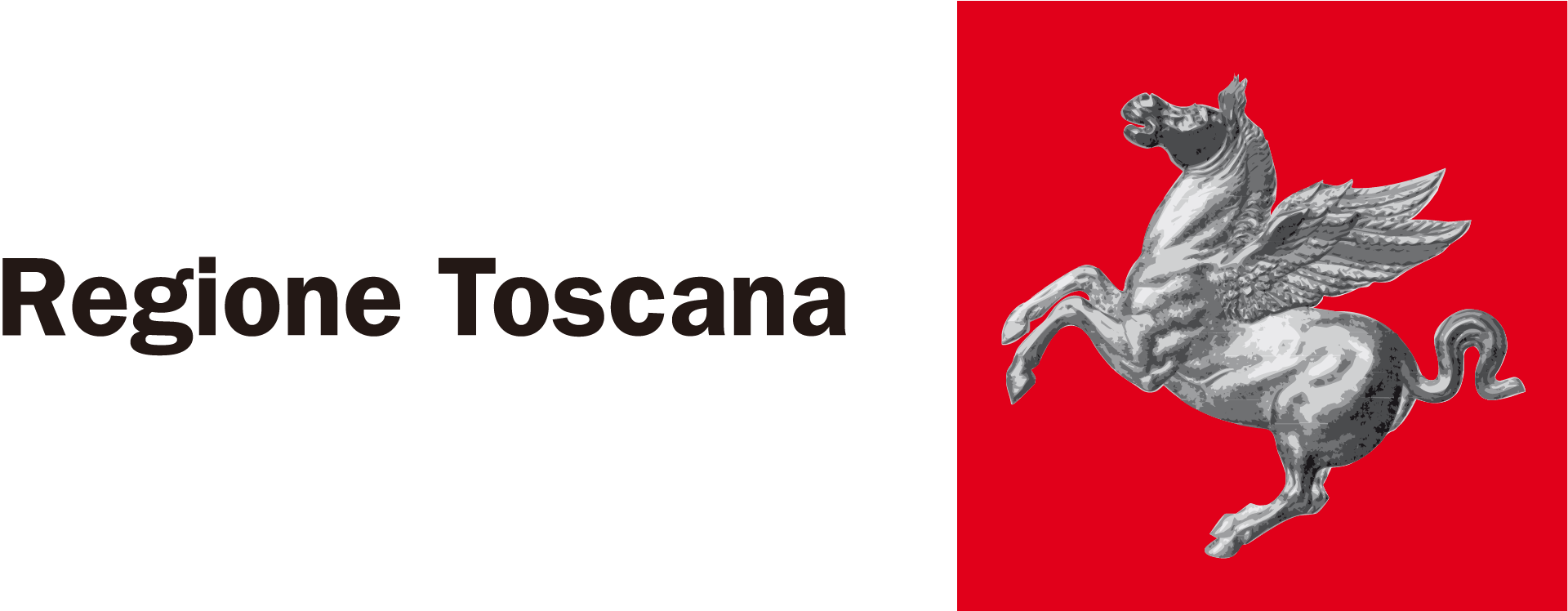Published in POLICY STUDIES, vol. 32(4), 2011, pp. 413-428
Abstract
The severe economic effects deriving from the international crisis, in combination with increasing constraints on public spending, bring new challenges for industrial policies. Decision-makers are required to find a balance between short-term measures aimed at counteracting financial distress of firms and loss of employment, and long-term strategies in support of innovation. This is particularly urgent for manufacturing regions, such as the Italian ones, which need to pursue structural change. The paper discusses the new policy tools that some Italian regions are designing in order to promote this goal: the innovation poles. Such poles are being designed and implemented in a number of major Italian regions, mostly through a top-down identification of specific technological and territorial targets. Drawing on the evolutionary and local development literature, the article stresses the importance of a preliminary scouting process in order to identify appropriate policy targets, and applies it to an Italian case study. In so doing, close attention is paid to the shape and extent of existing patterns of cooperation on innovation, so as to find out where the insertion of policies in favour of networking might be fruitful and desirable.
http://www.tandfonline.com
This article has been republished in Bailey D., Lenihan H., Arauzo-Carod J.M. (Eds.) (2011), Industrial policy beyond the Crisis. Regional, National and International Perspectives (Regions and Cities), Routledge, Taylor and Francis, London and New York, pp. 111-126.
http://www.routledge.com
Autore: Annalisa Caloffi, Marco Mariani









